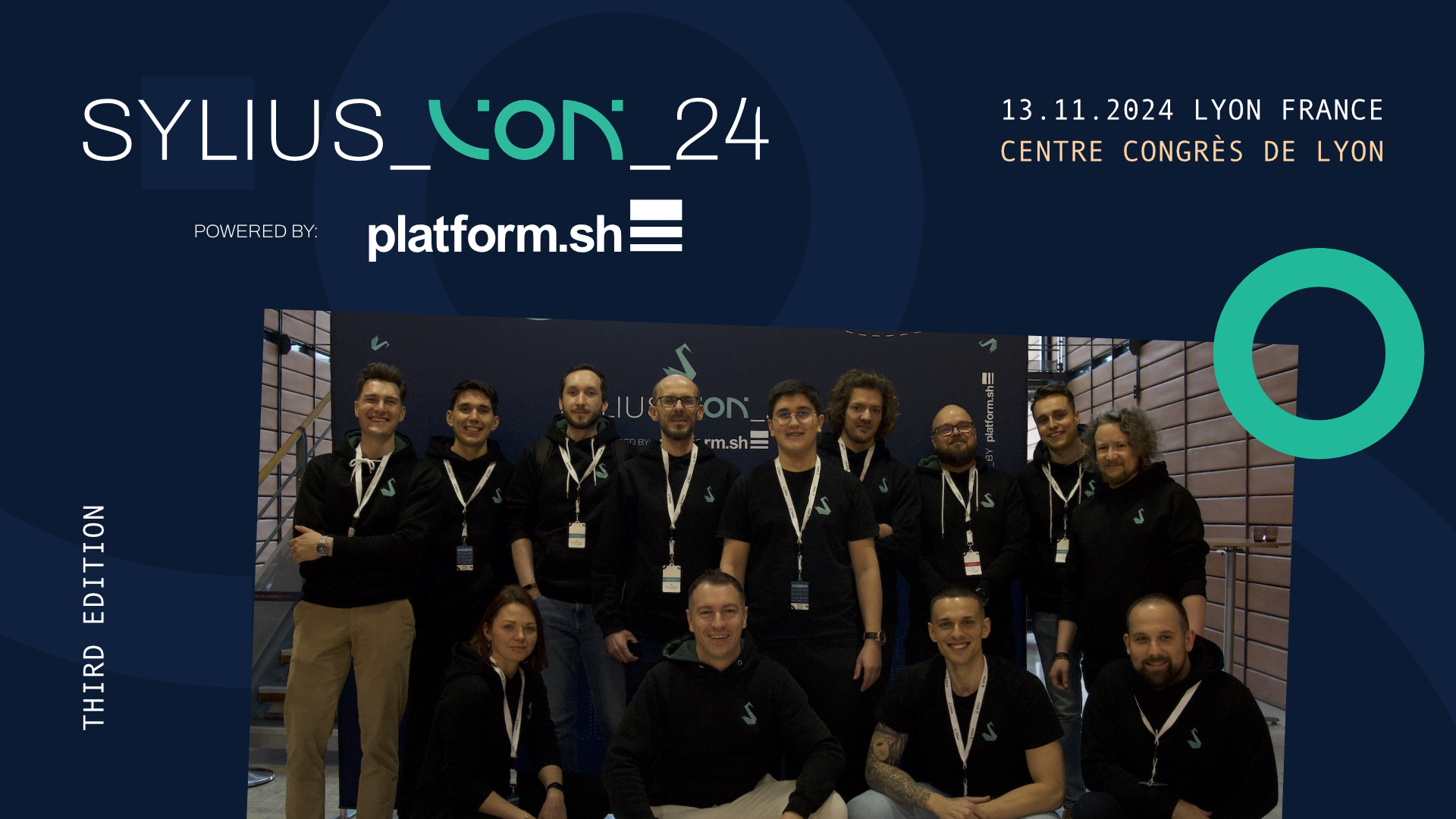The quality of our software has always been the most important thing for us. Today we published fixes for two security vulnerabilities found in Sylius/SyliusResourceBundle.
Generally speaking, if you haven’t updated your dependencies after 18.08.2020, your store is vulnerable. The affected component is sylius/resource-bundle which is versioned independently from sylius/sylius. If you use Sylius v1.7, you most likely use ResourceBundle v1.6. You can check which specific version of sylius/resource-bundle you have installed by running composer show sylius/resource-bundle.Another way to check whether your application contains known vulnerabilities is to use Symfony binary (https://symfony.com/download). Run symfony check:security to scan your application.
Read more here (https://symfony.com/doc/current/setup.html#checking-security-vulnerabilities).
The original security advisory has been published on GitHub at Sylius/SyliusResourceBundle repository.
Request parameters injected inside an expression evaluated by symfony/expression-language package haven’t been sanitized properly. This allows the attacker to access any public service by manipulating that request parameter, allowing for Remote Code Execution.
The vulnerable versions include: <=1.3.13 || >=1.4.0 <=1.4.6 || >=1.5.0 <=1.5.1 || >=1.6.0 <=1.6.3.
foo:
path: /foo/{id}
defaults:
_sylius:
repository:
method: findSome
arguments:
entity: "expr:service('repository').find($id)"
In this case, $id can be prepared in a way that calls other services.
If you visit /foo/"~service('doctrine').getManager().getConnection().executeQuery("DELETE * FROM TABLE")~", it will result in a following expression expr:service('repository').find(""~service('doctrine').getManager().getConnection().executeQuery("DELETE * FROM TABLE")~""), which will execute a query on the currently connected database.
To find a vulnerability in your application, look for any routing definition that uses request parameters inside expression language.
This issue has been patched for versions 1.3.14, 1.4.7, 1.5.2 and 1.6.4. Versions prior to 1.3 were not patched.
The fix requires adding addslashes in ParametersParser::parseRequestValueExpression to sanitize user input before evaluating it using the expression language.
- return is_string($variable) ? sprintf('"%s"', $variable) : $variable;
+ return is_string($variable) ? sprintf('"%s"', addslashes($variable)) : $variable;This security issue has been reported by Craig Blanchette (@isometriks), thanks a lot!
The original security advisory has been published on GitHub at Sylius/SyliusResourceBundle repository.
Request parameters injected inside an expression evaluated by symfony/expression-language package haven’t been sanitized properly. This allows the attacker to access any public service by manipulating that request parameter, allowing for Remote Code Execution.
The vulnerable versions include: <=1.3.13 || >=1.4.0 <=1.4.6 || >=1.5.0 <=1.5.1 || >=1.6.0 <=1.6.3.
sylius_grid:
grids:
foo:
fields:
bar:
options:
baz: "expr:service('sylius.repository.product').find($id)"
In this case, $id can be prepared in a way that calls other services.
If you visit/route id="~service('doctrine').getManager().getConnection().executeQuery("DELETE * FROM TABLE")~", it will result in a following expression expr:service('repository').find(""~service('doctrine').getManager().getConnection().executeQuery("DELETE * FROM TABLE")~""), which will execute a query on the currently connected database.
To find a vulnerability in your application, look for any routing definition that uses request parameters inside expression language.
This issue has been patched for versions 1.3.14, 1.4.7, 1.5.2 and 1.6.4. Versions prior to 1.3 were not patched.
The fix requires adding addslashes in OptionsParser::parseOptionExpression to sanitize user input before evaluating it using the expression language.
- return is_string($variable) ? sprintf('"%s"', $variable) : $variable;
+ return is_string($variable) ? sprintf('"%s"', addslashes($variable)) : $variable;This security issue has been reported by Craig Blanchette (@isometriks), thanks a lot!


